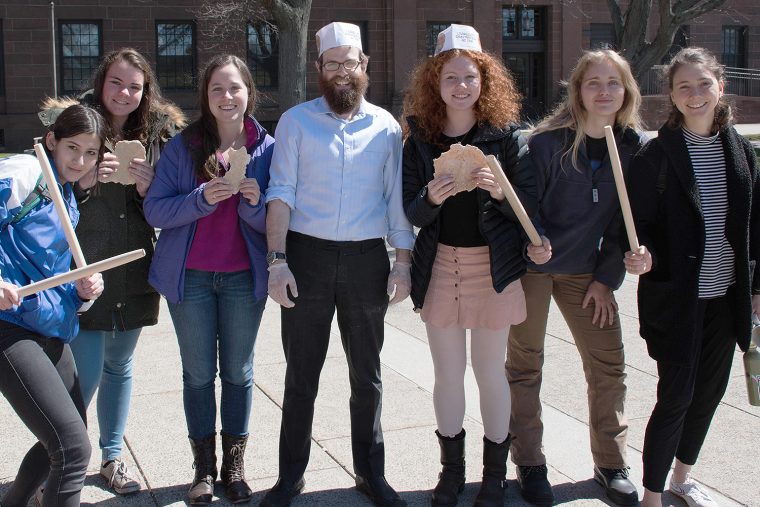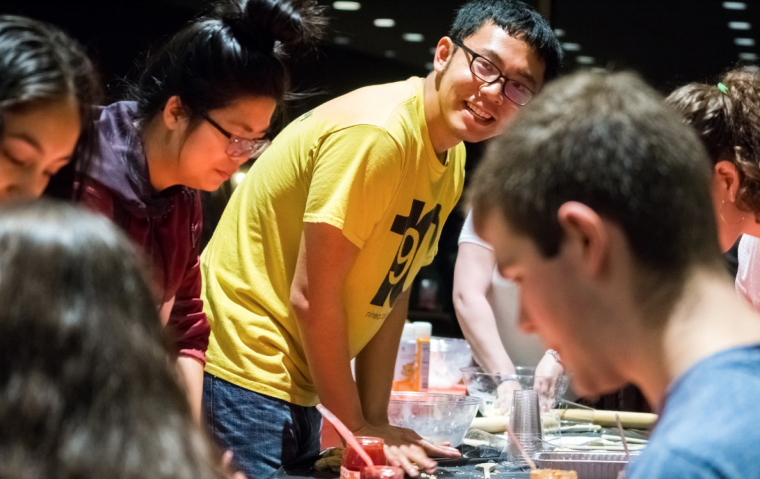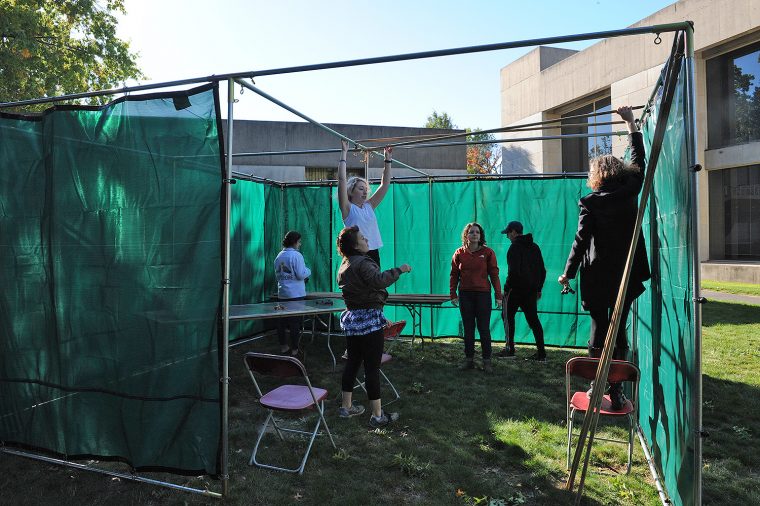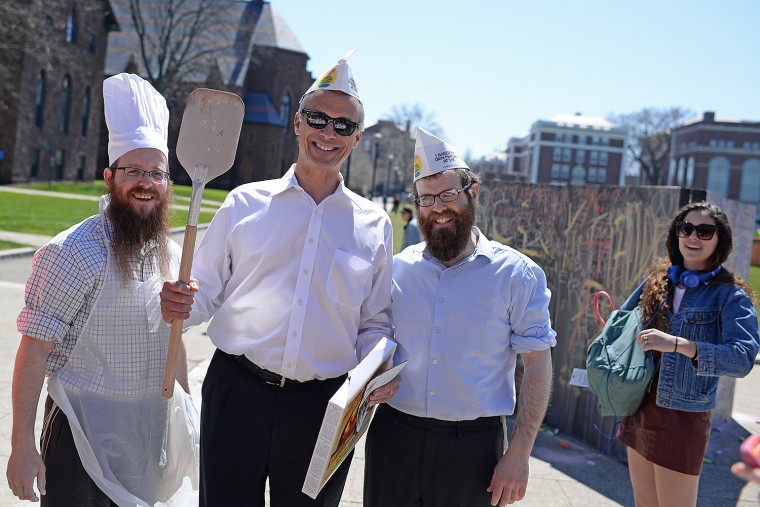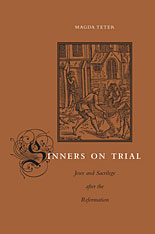Jeremy Zwelling Assistant Professor of Jewish Studies and Assistant Professor of Religion Yaniv Feller penned an article over the summer titled “Too Good to be True?” for the Tel Aviv Review of Books. In the piece, Feller discusses the Museum of the Jewish People (ANU), which first opened March 2021. One of the museum’s main exhibits begins with a segment called “Mosaic: Identity and Culture in Our Times” before moving into the historical roots of Judaism, exploring different forms of Judaism in contemporary and historical contexts, as well as the diversity of the Jewish people and the way they observe…
On April 3, the Center for Jewish Studies honored Talia Cohen '19 with the Best Student Paper in Jewish Studies award. Cohen’s paper, which she wrote for her Romantic Poetry class during the fall semester, examines a work by Jewish composer Isaac Nathan as a powerful response to anti-Semitism. Specifically, she considers his decision to set Byron's “She Walks in Beauty” to a Sephardic Portuguese tune for Solomon ha-Levi Alkabez’s 16th-century mystical Sabbath poem, “Lecha Dodi.” According to the abstract, "While Hebrew Melodies (1815), the songbook to which the musicalized version of Lord Byron’s 'She Walks in Beauty' belongs, was widely…
Chabad at Wesleyan hosted their sixth annual Wesleyan Matzah Bakery March 31 in Huss Courtyard. Matzah, also spelled matzo, is an unleavened bread made from flour and water and takes about 15 minutes to bake. It's traditionally eaten by Jews during the week-long Passover holiday. Chabad at Wesleyan, led by Rabbi Levi Schectman, is one of Wesleyan’s Jewish organizations, offers social, educational, recreational and religious programming for students and faculty. The Chabad student group hosted the event. (Photos by Matt Rentetzky '18) (more…)
Chabad at Wesleyan hosted a hamantaschen making workshop March 1 in Exley Science Center. Hamantaschen (also called ozney Haman or Haman’s ears in Hebrew) are tasty, flaky treats with fillings that are often made during the Jewish festival of Purim. Purim is celebrated on the 14th of the Hebrew month of Adar (late winter/early spring). The festival commemorates the salvation of the Jewish people in ancient Persia from Haman the Agagite’s plot “to destroy, kill and annihilate all the Jews, young and old, infants and women, in a single day,” as recorded in the Megillah (book of Esther). The points on the…
On Oct. 14, Wesleyan’s Jewish community constructed a sukkah near the Center for the Arts. The dwelling provides a shelter for students to celebrate the festival of Sukkot. For eight days, students study, socialize, mediate, eat, host events and occasionally sleep in the religious building. (more…)
(more…)
A book by Magda Teter, the Jeremy Zwelling Professor of Jewish Studies, received honorable mention for the 2014 Jordan Schnitzer Book Award. The Schnitzer Book Award was established in 2007 to recognize and promote outstanding scholarship in the field of Jewish Studies and to honor scholars whose work embodies the best in the field: innovative research, excellent writing and sophisticated methodology. Teter's book, Sinners on Trial: Jews and Sacrilege after the Reformation, published by Harvard University Press in 2011, was honored in the Medieval and Early Modern Jewish History category. In recognizing her book, the Prize Committee wrote: "In this beautifully written and…
Jay Geller ’75 is the author of The Other Jewish Question: Identifying the Jew and Making Sense of Modernity (Fordham University Press). Geller considers how modernizing German-speaking cultures, undergoing their own processes of identification, responded to the narcissistic threat posed by the continued persistence of Judentum (Judaism, Jewry, Jewishness) by representing “the Jew”’s body—or rather parts of that body and the techniques performed upon them. Such fetish-producing practices reveal the question of German-identified modernity to be inseparable from the Jewish Question. Jewish-identified individuals, immersed in the phantasmagoria of such figurations—in the gutter and garret salon, medical treatise and dirty joke,…



